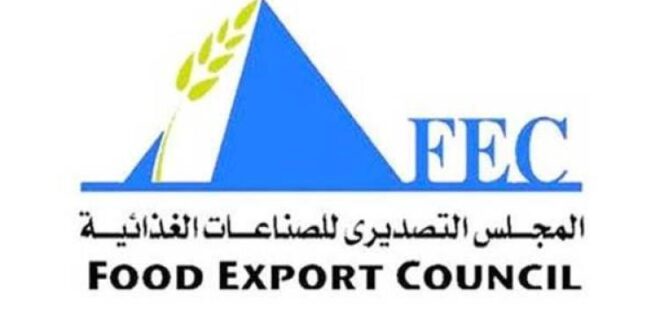Sahar Ragab
food exports to Côte d’Ivoire have witnessed an extraordinary 83% growth during the first eight months of 2025, reaching $19.1 million compared to $10.5 million in the same period of 2024, signaling immense potential for Egyptian products in the burgeoning African market.
The Export Council for Food Industries concluded its trade mission to Abidjan yesterday, having studied the Ivorian market, consumer patterns, and distribution channels, while identifying opportunities for Egyptian products in both modern and traditional retail networks.
Record-Breaking Growth: Soft Drink Concentrates Take the Lead
According to the Export Council’s report, soft drink concentrates topped the list of exports, soaring to $6.9 million from $1.5 million in 2024, a remarkable leap.
Glucose and glucose syrup followed with $2.7 million (up from $646,000), yeast at $2.3 million (from $676,000), and pasta, which climbed to $1.7 million (from $568,000).
Cereal-based food preparations grew to $716,000 (from $384,000), while miscellaneous food preparations reached $300,000 (from $97,000), and non-alcoholic beverages and water surged to $210,000 (from $27,000).
The Council highlighted that “this exceptional growth reflects the strong appeal of Egyptian products in a market where annual demand for processed foods exceeds $5 billion.
” New export items also emerged in 2025, including vegetable preparations ($98,000), tomato sauce ($71,000), and dry confectionery ($3,000), paving the way for a more diversified export portfolio.
Limited Declines: Challenges in Some Commodities
Despite the positive trends, some commodities experienced declines. Table salt exports dropped to $1.44 million (from $2.06 million), dried onions to $681,000 (from $1.28 million), and processed coffee to $91,000 (from $747,000).
Experts attribute these declines to temporary global price fluctuations, offset by the introduction of new products and sustained demand for others.
A total of 60 Egyptian companies exported processed foods to Côte d’Ivoire in the first eight months of 2025, with four surpassing the $1 million mark, collectively contributing $11 million, underscoring the growing presence of Egyptian brands in the Ivorian market.
Successful Trade Mission: Building Bridges for Distribution
The trade mission focused on analyzing consumer behavior, distribution chains, and competitive products, while identifying optimal locations for upcoming bilateral meetings.
The delegation held fruitful discussions with major importers and distributors, who form the backbone of the Ivorian market, including companies specializing in food imports, modern retail (supermarkets and hypermarkets), and prominent investment groups in Abidjan.
Meetings with local consulting firms were also conducted to plan future trade events and support the Export Council and the Commercial Representation Office in inviting importers to the final trade mission.
The mission yielded “clear positive indicators,” with Ivorian importers and distributors expressing keen interest in partnering with Egyptian companies, setting the stage for a larger trade mission soon.
Promising Outlook: Final Mission on the Horizon
The Export Council is currently finalizing the date for the expanded trade mission, with an announcement expected soon to allow member companies to register.
The Council emphasized that this step “will double the chances of success,” noting that the Ivorian market, reliant on imports for 70% of its food needs, serves as a gateway to West African markets worth $100 billion.
This growth follows successes like the export of Egyptian “Spunta” potatoes, dubbed the “queen of exports” due to six competitive advantages.
Will Egyptian food products achieve an even greater leap in 2026? The answer lies in strengthening partnerships and innovating in packaging and marketing.
 موقع وجه أفريقيا موقع وجه أفريقيا هو موقع مهتم بمتابعة التطورات في القارة الأفريقية
موقع وجه أفريقيا موقع وجه أفريقيا هو موقع مهتم بمتابعة التطورات في القارة الأفريقية



